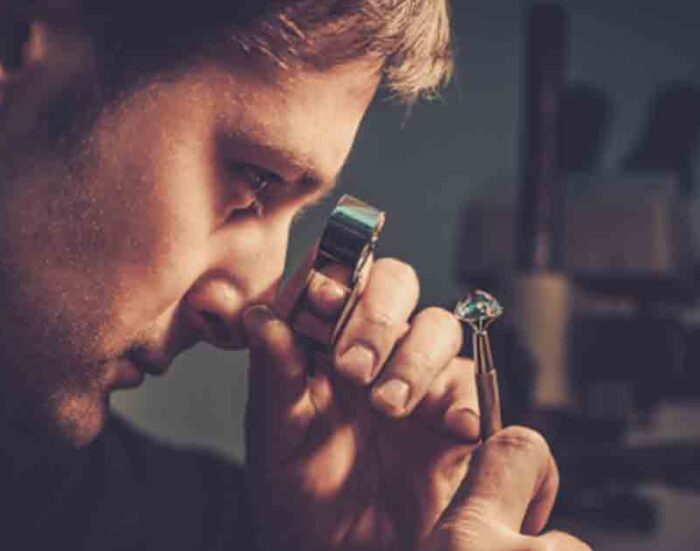What is the Difference Between Antique Appraisal and Valuation?
Everything You Need to Know Before Selling
Antiques can be more than simple old items. Have you ever found something you thought was a work of art, a historical artifact, or a familiar relic that held sentimental value for you or your loved ones? These articles are unique and have a significant meaning for us. If you have antiques that have value, it is fundamental that a professional and reliable appraiser evaluates the value. We will show you the step-by-step process to ensure you find a reliable assessor and understand the difference between assessment and valuation.
Antique Appraisal: What You Need to Know
An experienced appraiser conducts an antique appraisal to determine the value of your antique. Factors such as the item’s condition, restoration, manufacturer’s mark, provenance, rarity, and demand among antique buyers are considered. Getting an expert opinion on the value of your antiques can help you get the best price when selling. When you get an appraisal, the appraiser will provide you with a legal document that can be used for various purposes such as taxes, insurance, estate planning, and wills. It is an important document to help you make informed decisions regarding assets and financial planning.
Antique Valuation: What You Need to Know
An antique valuation is a more comprehensive process than a formal appraisal. It involves a different level of research and detail. It is more of an estimation of the antique’s value and may need to be set on paper. The appraiser might give you a verbal estimation, which can be helpful when you want to have a general idea of the value of your antique. It can also be beneficial for insurance purposes, and some insurance companies will accept a valuation when insuring your antique. However, the more significant the item’s value, the more likely the insurance company will require a formal appraisal. A valuation is usually the first step to determine if you need an appraisal.
Finding a Reliable Appraiser: Tips and Tricks
Finding an ethical and experienced appraiser is crucial, especially for online appraisals where you must mail the antique to them for assessment. Ask for referrals from family, friends, and co-workers, and read online reviews. Find antique buyers and sellers who are experts in the antiques you want to appraise, and visit antique shops and auction houses to find the appraiser you are looking for.
Antique Appraisers Auctioneers: Your Trusted Partner in Antique Appraisal and Valuation
Antique Appraisers Auctioneers has a team of experienced and knowledgeable appraisers who can help you with all your antique appraisal and valuation needs. We provide reliable and accurate assessments of your antiques. We are dedicated to assisting you in getting the best value for your items. We can also help with estate planning, tax purposes, and insurance coverage. Contact them today to learn more about their services and how we can assist you with your antique evaluation needs.
Protecting Your Antiques
Antique appraisals and valuations are not only for those looking to sell their antiques. We can also be helpful in estate planning, insurance coverage, and determining the value of family heirlooms. The process for getting an antique appraisal or valuation can vary, and it’s essential to find a reliable appraiser with experience in the antique you want to appraise.
In addition to using antique appraisals and valuations for practical purposes, we can also be an excellent way to learn more about the history of your antiques. An experienced appraiser can provide information about the manufacturer’s mark, provenance, and rarity of your antique, giving you a better understanding of its value and significance.
In conclusion, whether you’re looking to sell or want to protect your valuable antiques, an appraisal or valuation can give you an accurate understanding of their worth and significance. Contact Antique Appraisers Auctioneers today to learn more about their services and how we can assist you with your antique evaluation needs.

